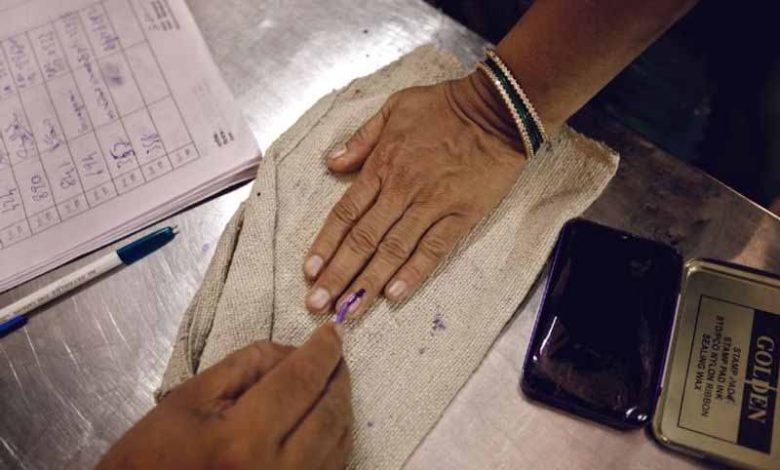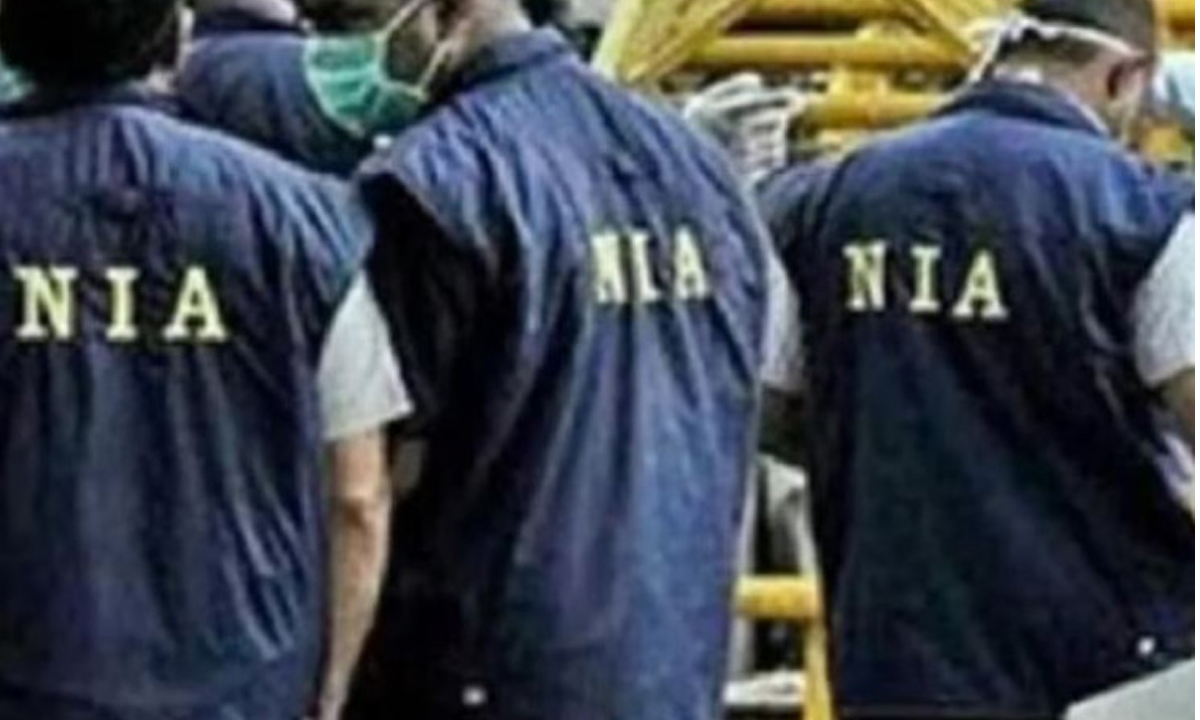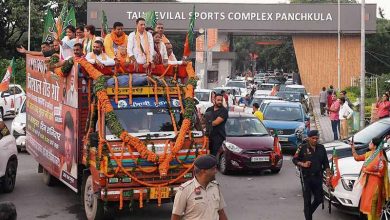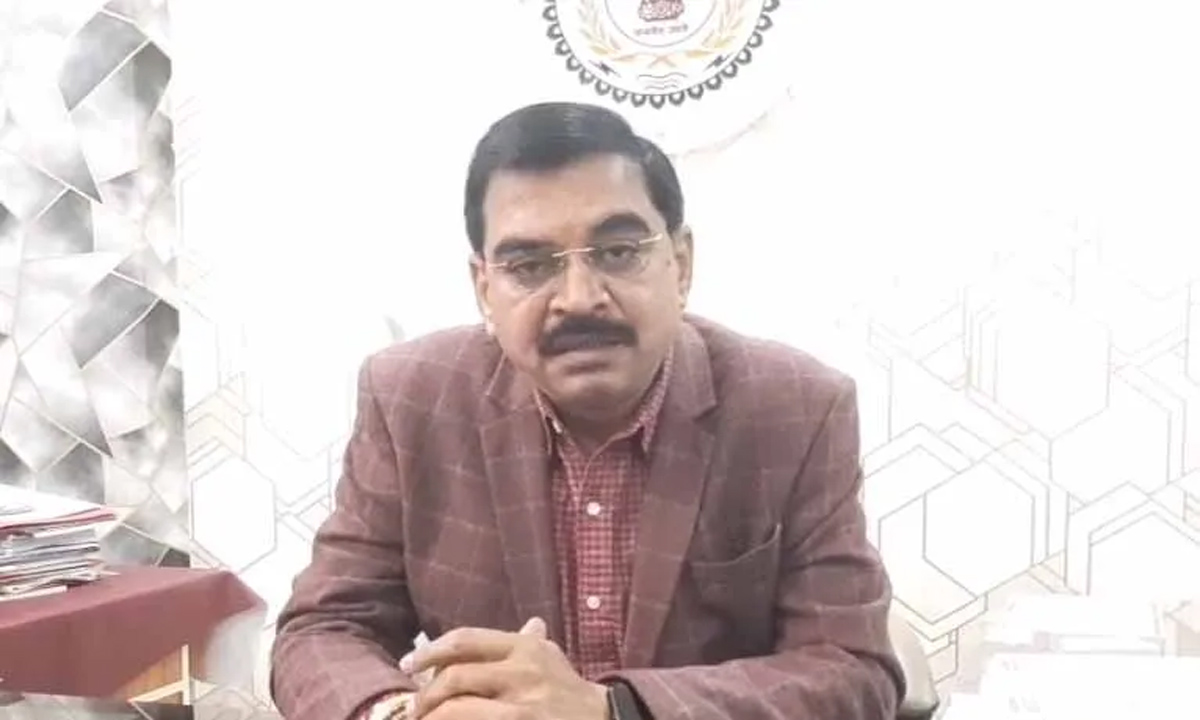Punjab: Rare unanimity seen during voting in volatile belt

Punjab: All 72 villages in Patti subdivision of Tarn Taran district have elected their sarpanches unopposed ahead of the panchayat elections scheduled on October 15. In Naushera Pannua subdivision, which falls under Patti assembly constituency, 56 out of 59 sarpanches were elected unopposed. However, this unanimous election of the villagers does not match the history of this land. The people of this region are known to be short-tempered and reactionary. Patti is located just 22 km from Lahore, the then capital of the Mughal rulers. Known for their fierce temper, the residents of the then tehsil, which included most of the areas of Khara Majha, a geographical region of Majha that has salt water, invited the ire of the Mughals. A governor was appointed to oversee law and order. The main reason for the appointment was that the zamindars of the region often revolted against the empire. They often used to fight with each other. Before the appointment of the governor, it took a long time for the army to reach Patti to settle petty disputes, which often turned violent. Things changed after Independence when politicians began taking charge. Pratap Singh Kairon became chief minister in 1956. The ‘mohatbars’ (prominent community leaders) became the link between the common man and the government when it came to getting things done. “Pahal sama hor si. Hun koi hor hai. Par patti de lok ohi ne (Times have changed, but the people of the Patti are the same). Tempers flare up easily. These elections are said to be unanimous because powerful people do not allow others to stand. The old story continues,” said an elderly man from the area.
Unanimous elections (‘sarb-samiti’) are actually happening because either potential candidates are not allowed to file nominations or their papers are rejected. Some candidates were forced to withdraw their candidatures. People now call the elections ‘sabar-samiti’. ‘Sabar’ in Punjabi also means to make peace with something. People living in villages know that politics and power have played a key role in getting these sarpanches elected unopposed. The contenders from opposition parties did not consider it appropriate to spend Rs 30-40 lakh on campaigning, as they are not sure of recovering this amount in less than half the tenure of the current government. The ‘Mohatbars’ proved their proximity to the MLA by not allowing elections in their villages. One of the most used ‘weapons’ is to get the nomination papers of the opposition candidates of the ruling party cancelled. A candidate who is unable to ensure that his rivals either withdraw their candidature or cancel their nomination papers is not considered eligible for the post of sarpanch. During the last assembly term (2017-2022), most of the gram pradhans of the Patti region represented by Congress’ Harminder Singh Gill were elected unopposed. This also happened in 2012-2017, when the region was represented by Pratap Singh Kairon’s grandson Adesh Pratap Singh Kairon. The ‘Mohatbars’ have always played a key role in convincing politicians to fulfil “their expectations”. In return, they manage votes for them.
In 1956, Kairon, who represented the constituency, said in a meeting that they wanted to do something for them. The ‘Mohatbars’ unanimously asked him to get a jail constructed in Patti. Why? Because their people had to travel a long distance to Amritsar for ‘Mulakat’ (meeting) with their relatives lodged in jail. Going to Amritsar jail was a routine matter in the life of the people of the area, who did not compromise on their stand on their heart-felt issues. A shrewd politician like Kairon ordered the construction of a jail in Patti which exists till date. Though development is a continuous process and people keep changing, it seems unbelievable that the people of the area have become so peaceful that they do not even contest panchayat elections and prefer to unanimously elect the village head. Considering the fact that all the 72 villages in the subdivision have elected their sarpanch unopposed, one can easily imagine how their ancestors must have felt. Currently, the Patti assembly seat is represented by AAP minister Laljit Singh Bhullar. In keeping with its recent history, especially after the panchayat election process began, Patti is witnessing an overwhelming consensus. Good or bad? Only God knows.





